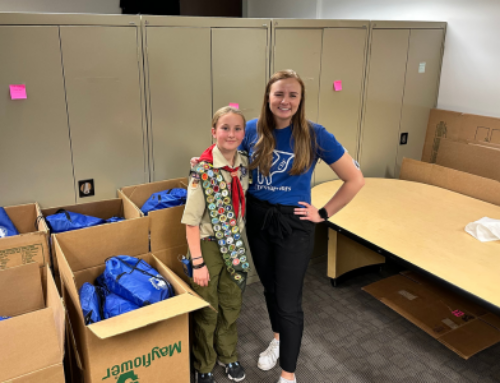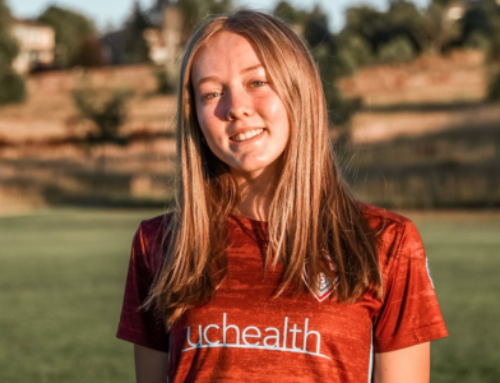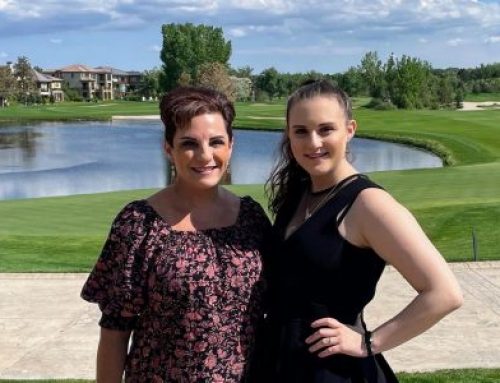By Jennifer Griffin
Most people know there are five stages of grief, and new research has added two making it seven. Shock, denial, anger, bargaining, depression, testing and acceptance are the stages. As I began to write this blog I had thought perhaps I had never experienced them. Then I realized that I didn’t lose someone, but I had lost the dreams I had for my daughter’s future.
My daughter was just past her second birthday when she developed a rash all over her body. A visit to the dermatologist assuaged our concerns – it was just a normal virus, and in a few weeks it had passed. The next six months will sound familiar to many of you: she grew up but got thinner, she always had to have a cup with her, she was cranky (she was two), and I could not for the life of me figure out how anyone could potty train their kid when they went to the bathroom every five minutes!
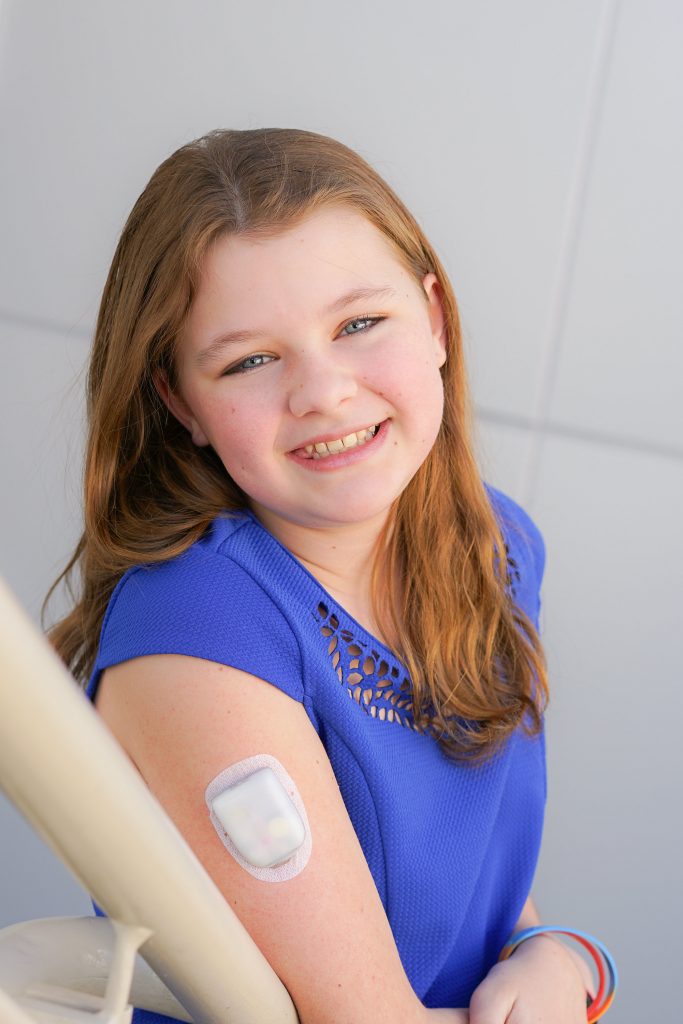 It was a snowy day in March when our pediatrician caught the symptoms and called to tell us to go to the ER immediately and to call 911 if she didn’t wake up from her nap. Her BG that day was 886, and the doctor told us it was Type 1 Diabetes.
It was a snowy day in March when our pediatrician caught the symptoms and called to tell us to go to the ER immediately and to call 911 if she didn’t wake up from her nap. Her BG that day was 886, and the doctor told us it was Type 1 Diabetes.
That first night in the hospital I was in shock. How could this happen to my tiny, perfect girl? I had never known anyone with T1D and had no idea what we were in for.
Denial was easy – I remember saying “Are you sure? She’s been sick and I’ve been giving her tons of apple juice!” Then came the insulin denial. I was sure I could control what she ate and minimize the insulin she needed. Now, of course, I know better.
Anger is one that we can’t show at the hospital. In fact, I think that when they throw you into the diabetes ocean (let’s face it, it’s not a pond!) there’s no time for overt anger, which actually meant I subverted my anger and it built up until one day I was sitting in a puddle in the bottom of my shower, sobbing and screaming about how it’s just not fair. It didn’t fix anything.
Bargaining came next. First with myself; I was obsessive about carb counts and dosing. I had daily charts where I wrote down everything she ate, drank, and even how often she peed. I figured if I kept track of everything I could get on top of this. Diabetes literally took over our lives for two weeks until we went back to the Endo and he said “This is great, but let’s cut back a little.” At the same time, I was bargaining with God. I was asking Him to make this a burden on me, and not her. And, for almost 10 years it was, until I figured out that it was her burden to bear and I had to let her.
Depression is sometimes debilitating, and sometimes subtle. My depression came as I began to realize what this disease meant for my little girl’s future. Forever she would have to test before driving, wake up in the middle of the night, watch every bite of food that went into her mouth, and have injections multiple times per day. This was not the life I wanted for my baby girl. Only after years of using shots, then a pump, and now a CGM have I begun to understand that it isn’t the death of my dream. She can still be just about anything she wants to be.
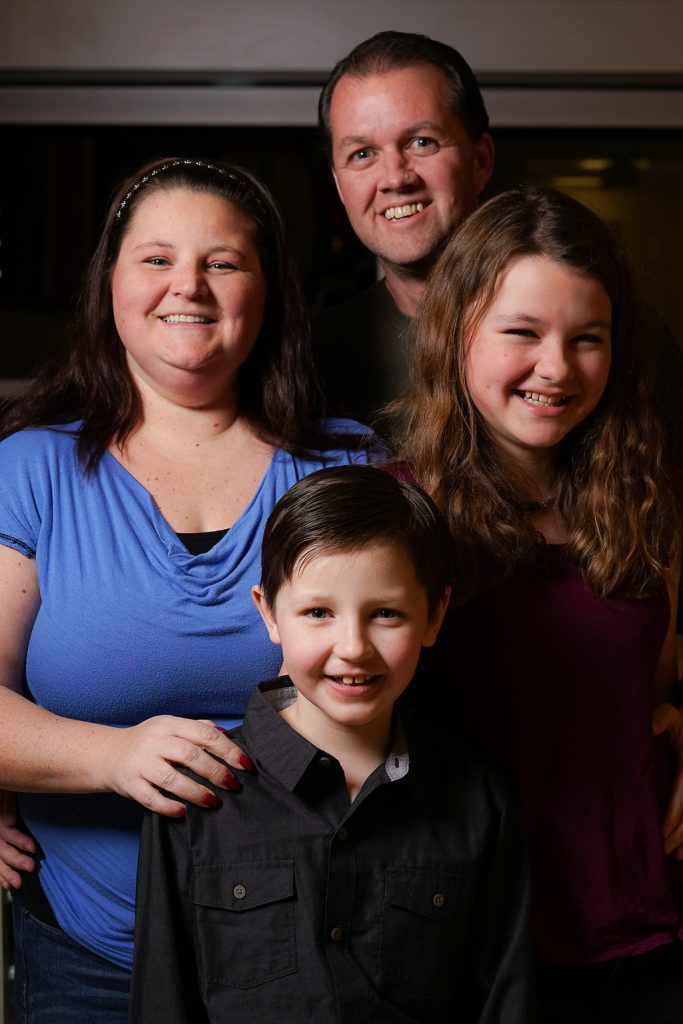 Testing is something I’m honestly doing now, more than a decade after diagnosis. Testing is defined as seeking realistic solutions. As I am working on turning my daughter’s care more over to her and less to me, I want to teach her good habits and proper techniques. I realized we have spent the last ten years chasing the sugar rather than being proactive and controlling the sugar (if you could call it control). Now I am reading books, studying graphs, learning how a pancreas really works and adjusting insulin doses accordingly.
Testing is something I’m honestly doing now, more than a decade after diagnosis. Testing is defined as seeking realistic solutions. As I am working on turning my daughter’s care more over to her and less to me, I want to teach her good habits and proper techniques. I realized we have spent the last ten years chasing the sugar rather than being proactive and controlling the sugar (if you could call it control). Now I am reading books, studying graphs, learning how a pancreas really works and adjusting insulin doses accordingly.
Acceptance… As a parent, can you accept that your child has a lifetime disease? I think not. Not that you should deny it, or go looking for the crazy cures (cinnamon, anyone?). But we should fight for better treatments, earlier diagnoses, improved care, lower health care costs and eventually a cure! Participate in studies, fund raising, and advocacy for the improvement of the lives of millions of people of all ages dealing with T1D.
No matter where you are in the stages, I encourage you to reach out and find someone to help. Find a fellow T1D parent who can help you solve problems or just listen to you rant. Volunteer at the CDF and you’ll find me, and I’ll always listen!

